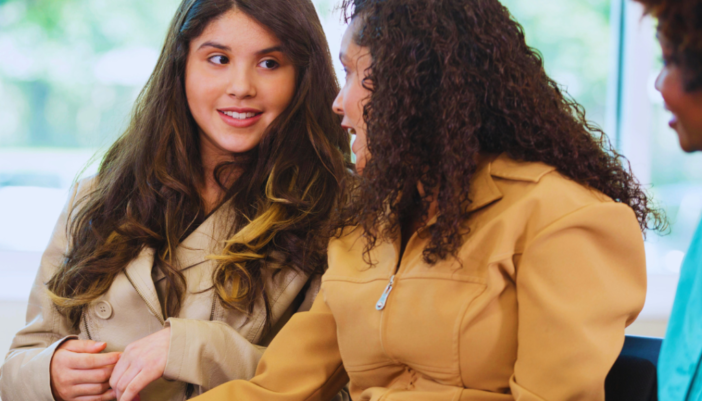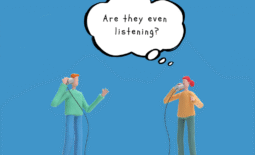The Impact of Unresolved Childhood Wounds on Parenting
Becoming a parent is a transformative experience that brings immense joy, love, and fulfillment. However, it can also unearth unresolved childhood wounds, leading to unexpected emotional challenges. These buried issues often resurface when we are caring for our children, impacting our parenting style and overall well-being. I have sat with so many parents who are frustrated by their reactions to parenting stress, especially because they know that failing to address these unresolved wounds can create a cycle of trauma that now is affecting their children (and generations to come but I don’t overwhelm them with that right away.)
How Childhood Wounds Resurface
Childhood experiences shape our emotional landscape, influencing how we perceive and interact with the world. Traumatic events, neglect, or unmet emotional needs during childhood can leave deep, lasting scars. When we become parents, these unresolved issues often resurface in response to the stresses and responsibilities of caring for a child.
Triggers: Common parenting challenges, such as a child’s tantrums, disobedience, or neediness, can trigger unresolved emotions from our past. For instance, a parent who experienced neglect might feel overwhelmed by their child’s constant demands for attention, leading to feelings of inadequacy or frustration.
Mirroring: Our children often mirror our behaviors and emotions. Seeing our children exhibit behaviors that remind us of our own childhood can bring unresolved feelings to the forefront. This mirroring can be both a source of joy and a painful reminder of past wounds.
Expectations: Many parents strive to provide their children with a better upbringing than they had. This desire can lead to unrealistic expectations and intense pressure to be a perfect parent. When these expectations are unmet, it can trigger feelings of failure and inadequacy rooted in childhood experiences.
Ignoring unresolved childhood wounds can have several negative consequences for both parents and children:
Emotional Reactivity: Unresolved trauma can make parents more emotionally reactive, leading to disproportionate responses to their child’s behavior. This reactivity can create a tense and unpredictable home environment, which can be confusing and frightening for children.
Inconsistent Parenting: Parents struggling with unresolved issues may find it challenging to maintain consistent parenting practices. This inconsistency can lead to confusion and insecurity in children, who thrive on predictable and stable routines.
Passing on Trauma: Without addressing our own wounds, we risk passing on patterns of behavior and emotional responses to our children. This cycle of trauma can perpetuate the very issues we hoped to avoid, affecting future generations.
The Importance of Doing the Work
Addressing unresolved childhood wounds is crucial for creating a healthy and nurturing environment for both parents and children. Here are some steps to take:
Self-Awareness: The first step is acknowledging that unresolved issues exist. Self-reflection and awareness of our triggers and emotional responses can help us understand the root of our reactions.
Therapy and Support: Seeking professional help through therapy or counseling can provide valuable insights and coping strategies. Support groups and parenting workshops can also offer a sense of community and shared experiences.
Self-Care: Taking care of our own emotional and physical well-being is essential. Self-care practices such as mindfulness, exercise, and hobbies can help us manage stress and maintain a balanced perspective.
Healthy Communication: Open and honest communication with our partners, family members, and even our children (in age-appropriate ways) can foster understanding and support. Sharing our experiences and feelings can help build stronger, more empathetic relationships.
Breaking the Cycle: By addressing and healing our wounds, we can break the cycle of trauma. This not only improves our own well-being but also creates a healthier environment for our children, allowing them to grow up feeling secure and loved.
Unresolved childhood wounds can resurface when we become parents, affecting our emotional responses and parenting practices. By acknowledging these issues and taking steps to heal, we can create a more nurturing and supportive environment for our children. Doing the work to address our past traumas is essential for breaking the cycle and ensuring a healthier, happier future for our families.




